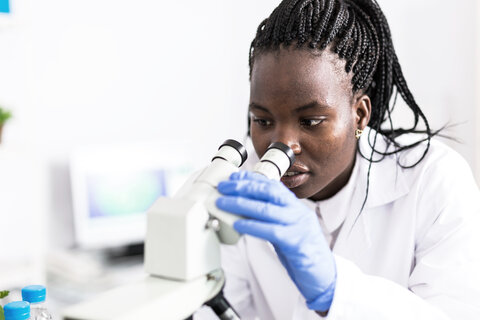New mentoring fellowships for female researchers to address gender imbalance in science

The International Veterinary Vaccinology Network (IVVN) is proud to announce a new mentoring fellowship programme to promote the careers of female researchers in low- and middle-income countries (LMICs).
Funded by the IVVN and Canada’s International Development Research Centre (IDRC), the fellowships will support female postdoctoral scientists working at research organisations in LMICs.
Women are under-represented in science globally with females accounting for only 27% of researchers in LMICs, according to data from the International Food Policy Research Institute. Even fewer women are represented at senior levels, with many leaving science soon after completing their PhDs.
Announcing the new programme, IVVN Director Dr Timothy Connelley said: “We know from our members that female scientists in LMICs often feel that their scientific careers would benefit hugely from the support of dedicated mentors.
“We hope to enable IVVN fellows to establishe good relationships with both international and local senior scientists who can provide support and advice to guide their research and their careers.”
Successful applicants will receive up to £50,000 to work on projects that address key bottlenecks to developing vaccines against animal diseases. They will be supported by an international mentor, as well as a local mentor at their own institute. The format of the fellowships is flexible, and fellows and their mentors can decide when and how meetings take place.
And members are encouraged to apply even if they have not yet found a mentor to work with – the IVVN will do its best to help find someone with the right skills to act as a mentor.
The fellowship scheme also offers a great opportunity for senior scientists to establish new international links, developing their leadership and management skills and passing on their knowledge and experience to a new cohort of young and enthusiastic scientists. With ongoing international collaboration research initiatives likely in the near future from multiple funders, this offers a great way to initiate new collaborations as well as support the future of promising young scientists from LMICs.